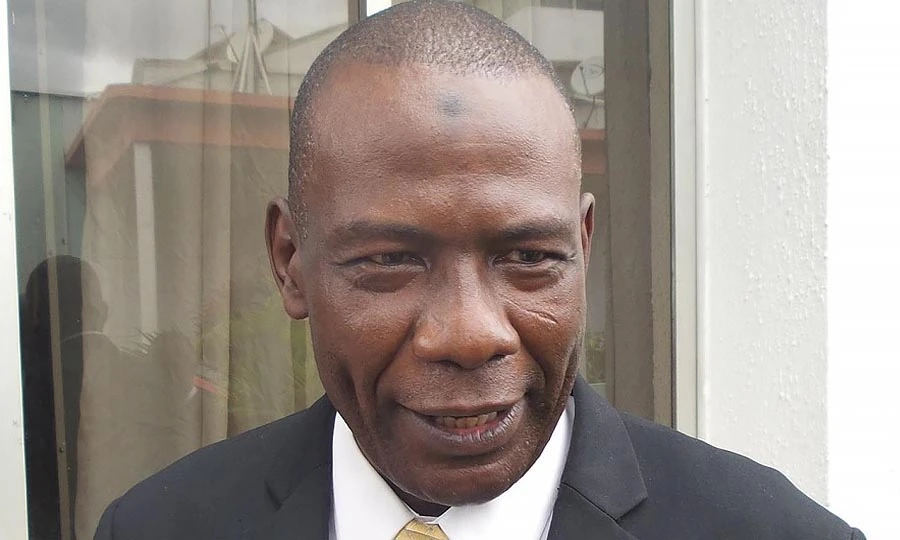Naira volatility, despite foreign exchange interventions by the Central Bank of Nigeria (CBN), is being exacerbated by rising inflation, an increase in interest rates, and sluggish economic growth, which has an impact on middle- and low-income earners, according to Alhaji (Dr) Aminu Gwadabe, president of the Association of Bureaux De Change Operators of Nigeria (ABCON).
Speaking at the weekend in Lagos, Gwadabe claimed that the scenarios that are playing out increase the danger of stagflation, which could have detrimental effects on the economy’s poor.
He stated that the International Monetary Fund (IMF) had predicted 4.1% global growth in January, but that figure is already expected to decline to 2.9% in 2022 from 5.7% in 2021.
Gwadabe called for increased domestic production and a diversification of the economy away from oil in order to keep the Nigerian economy strong in the face of these difficulties.
In May, inflation reached an 11-month high of 17.71%, according to him, and the naira trades at N614 to the dollar in the black market.
The ABCON CEO claimed that these incidents are reducing household purchasing power. “The persistent rise in food inflation is the main cause of inflation. The average price level of the food basket increased from 18.37% in April to 19.50% in May, an increase of 1.13 percent. Government policies that support the sector and increased agricultural support can turn this around, he said.
According to Gwadabe, Nigeria’s sizable population and diaspora market, which brings in an estimated $20 billion annually, can be leveraged to increase the economy’s dollar inflows.
According to him, extending the dollar receipt points to more than 5,000 Bureaux de Change operators can significantly strengthen Nigeria’s foreign exchange position by boosting dollar inflows.

According to Gwadabe, BDCs continue to be one of the methods used worldwide for remittances from the diaspora.
According to him, the BDCs continue to be at the centre of economic growth and have the ability to draw in the necessary funding for the expansion of the Nigerian economy and the forex market.
Access to multiple forex revenue streams, according to the ABCON, will help BDCs succeed by deepening the market, stabilising the naira, and expanding their business operations.
“Adding depth to the forex market and enhancing BDCs operations will be accomplished by making BDCs one of the routes through which more than $20 billion in annual remittances from the diaspora enter the economy. Operators of Nigerian BDCs have also recognised the enormous opportunities provided by remittances from the diaspora and want to play a bigger part in luring more foreign capital into the economy. Remittances are known to help less fortunate recipients meet basic needs, finance both cash and non-cash investments, finance education, encourage the growth of new businesses, pay off debt, and, ultimately, drive economic growth, according to Gwadabe.
Additionally, according to Gwadabe, the effective implementation of the “RT200 FX Programme,” which stands for the apex bank’s “Race to $200 billion in FX Repatriation” policy, will increase foreign exchange inflows to the economy.
According to him, the programme is a collection of non-oil export policies, plans, and initiatives that will help Nigeria reach its ambitious but attainable target of $200 billion in FX repatriation, entirely from non-oil exports, over the following three to five years.
According to Gwadabe, one of the tactics that can help Nigeria earn more consistent and long-term inflows of foreign currency is the RT200 FX Programme.



